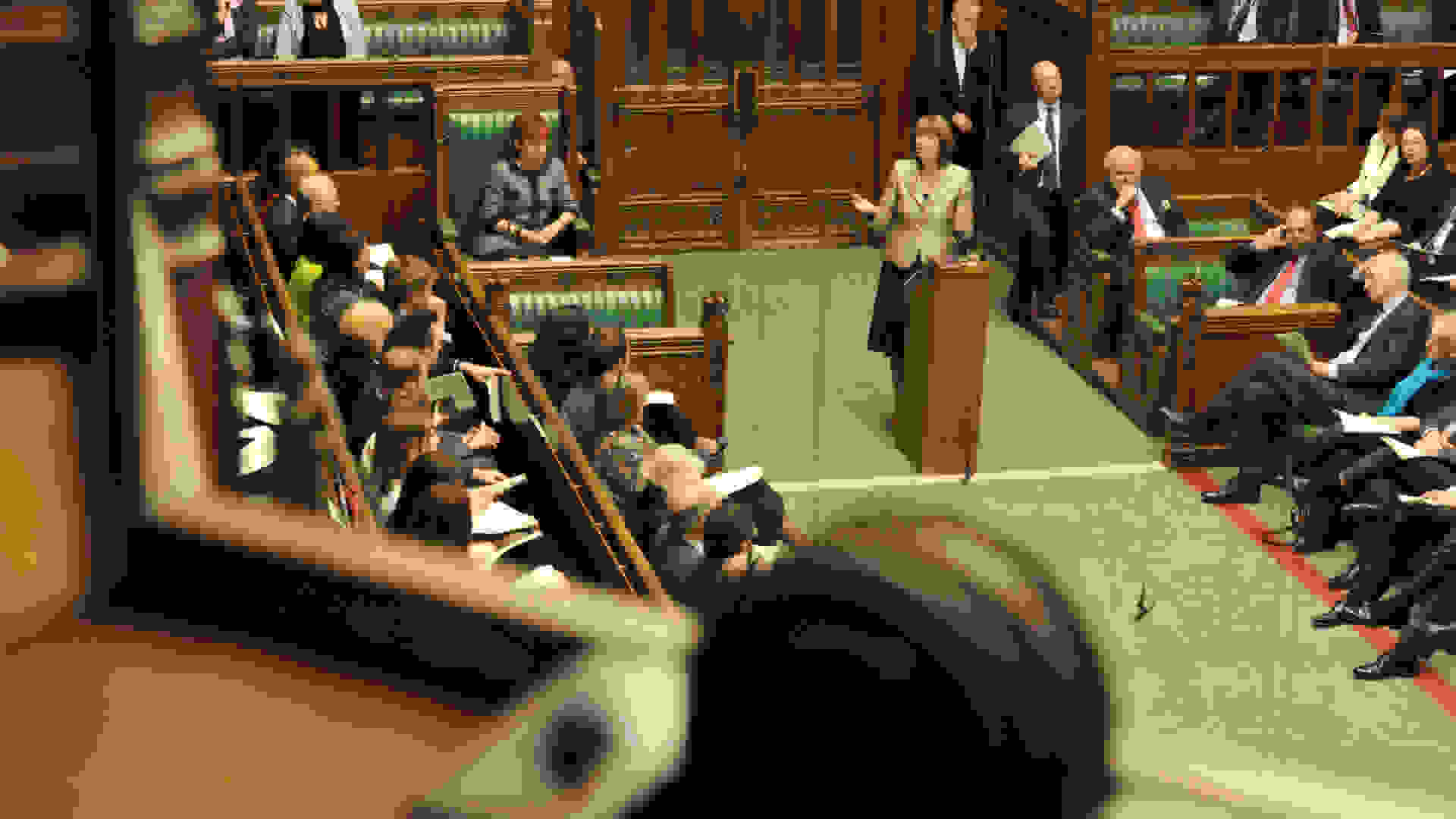News / Tobacco and Vapes Bill: free vote blows smoke in Rishi Sunak's eyes - Parliament Matters podcast, Episode 30
Rishi Sunak offered his MPs a free vote on his flagship Tobacco and Vapes Bill and dozens concluded they could not support it. As well as exploring the politics of the Bill, Ruth and Mark discuss the concept of a free vote and how they have been deployed in previous parliamentary sessions.


